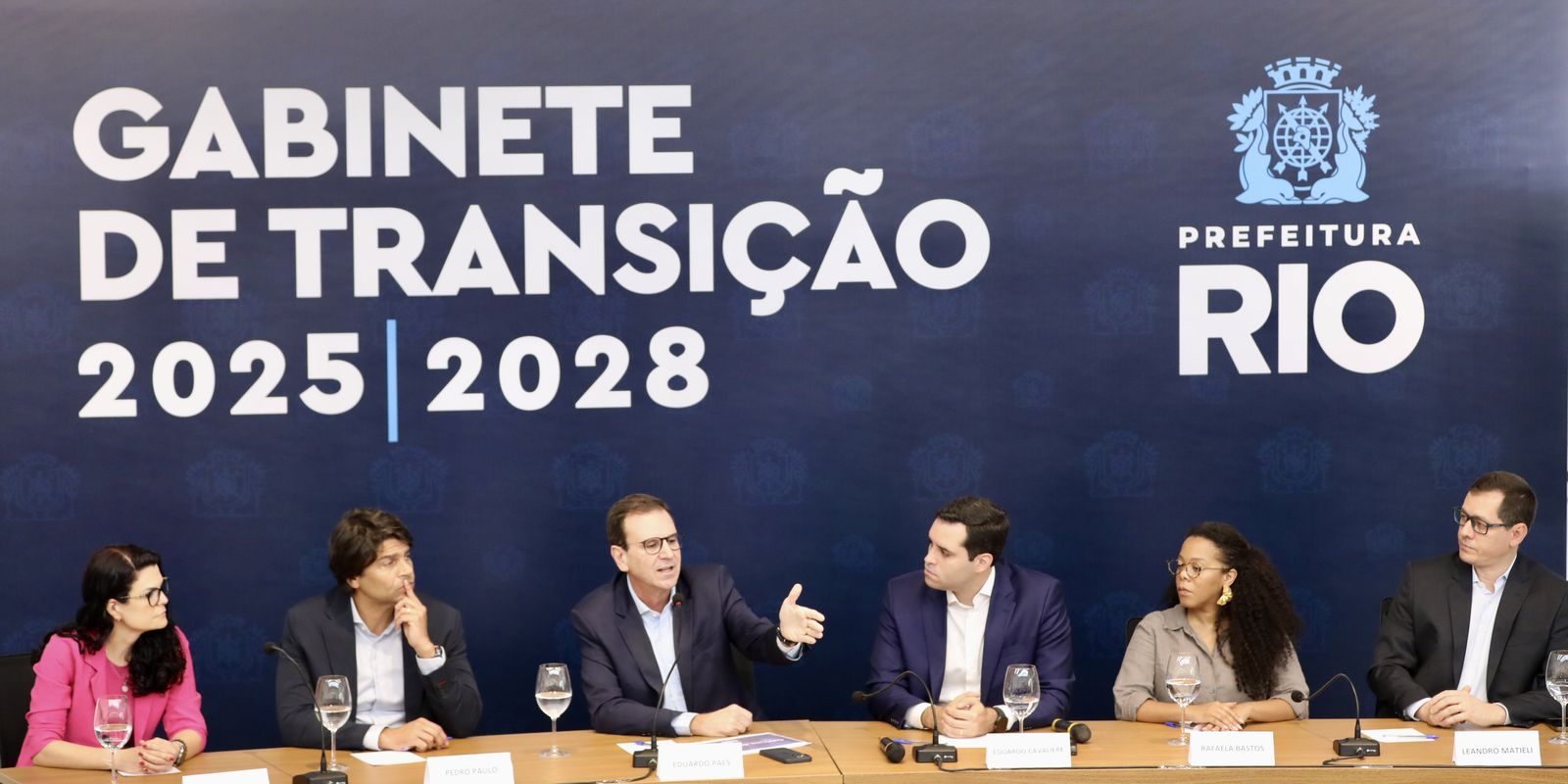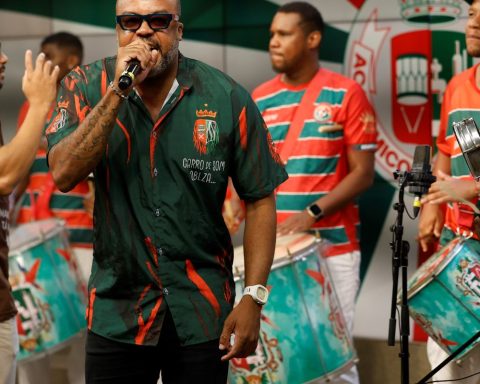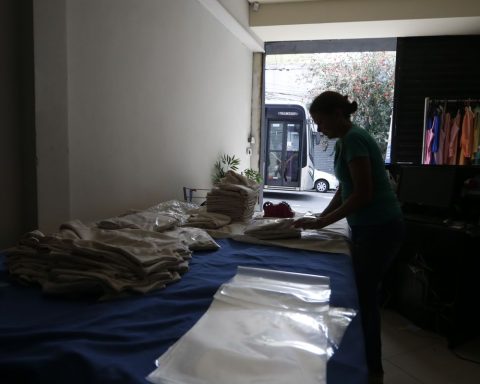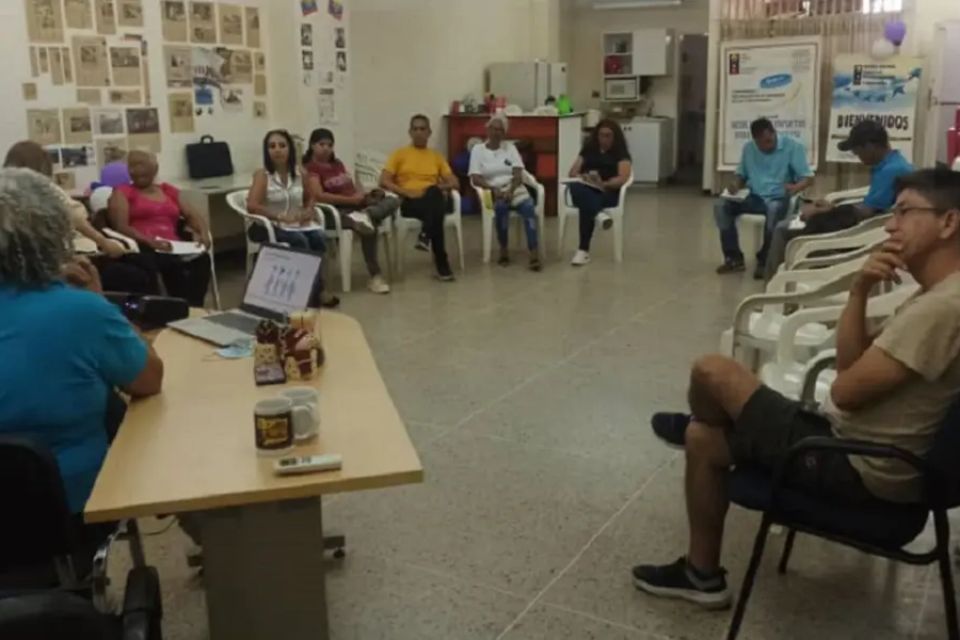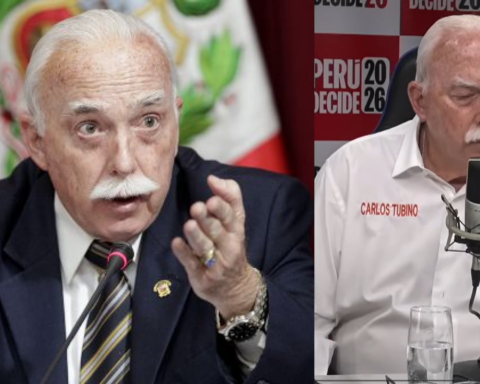Civility is the word that summarizes the set of actions taken by Rio de Janeiro City Hall for Mayor Eduardo Paes’ next term from 2025 to 2028. The word was used by the capital’s chief executive himself during the presentation, this Monday (2 ), strategic planning with priorities for the period in which he will lead the municipality for the fourth time. 
The actions were divided into five axes: Fiscal Balance, Good Management and Governance; Civility and Security; Future, Economy and Happiness; Longevity, Equity and Humanity; Infrastructure, Disaster Prevention and Resilience.
According to the mayor, in addition to reinforcing the expression of the beginning of the new administration, the word civility can encompass a lot of what he wants for the city of Rio de Janeiro over the next few years.
“This has to do with the brand of Rio de Janeiro, which has always been a city known for being welcoming and which returns to its role as a decision-making center, a center for major events, a beacon of Brazil for everyone. . Therefore, we understand that civility is a word that encompasses a series of actions. We will take better care of those who need it most, we will live in a more harmonious environment, we will have more public safety, more respect for the rules of our city”, he stated at the press conference to present the planning.
The mayor’s intention is to create a clash of civility, which in his assessment is different from a clash of order. “In order, it is always necessary to respect the laws, but the city of Rio de Janeiro, in my opinion, needs to move forward in this clash of civility, which is an expression that covers much more than just public order, which also has to do with public order and public safety, but it has much more to do with citizens’ attitudes towards their city”, he explained.
According to Paes, it was clear that in the election the population chose to continue the administration and public policies developed over the last 4 years. But for the next term, according to Paes, it is necessary to move forward and adopt more programs that serve the population.
In the area of public security, Paes intends to work closer to the state government. “It is no longer a secret for anyone that we are going to seek partnership with the state government, expand city hall actions in the field of public security. This will always have a leading role for the state, but this Transition Cabinet will, indeed, announce more effective action measures by the city hall in the city’s security. I think that civility shock has to do with all of this and is broader than a clash of order”, said Paes.
The mayor confirmed that he intends to propose a project for the use of weapons by the Municipal Guard this month. “I do wish this could happen, but we will now address this issue in a more structured way, within a vision of the role of the City of Rio de Janeiro in the field of public security”, he added.
The mayor said that the new administration begins this Monday with the creation of the Transition Cabinet, which will operate until December 30th and will be coordinated by the elected vice-mayor, Eduardo Cavaliere, who left, this Monday, the position of municipal secretary of the Civil House that is now occupied by Leandro Matieli, until then Paes’ chief of staff in recent years.
This was the only change already announced in the secretariat for the new management. Cavaliere returns to his duties as state deputy, so that, in Paes’ view, he can have more freedom to lead the transition. Federal deputy Pedro Paulo, state president of the PSD, will coordinate the actions of the Transition Cabinet in the political area.
Transition Cabinet
The Transition Office working groups will meet at Impa Tech’s Faculty of Mathematics.
According to the mayor, the goals for the new administration will be clarified during the transition period and the information will be widely disseminated from the Transition Cabinet, as well as the main projects.
The Transition Cabinet will be coordinated by Fernanda Mofati, who already coordinates the planning office of Rio de Janeiro City Hall, and the president of the Instituto Fundação João Goulart, Rafaela Bastos.
